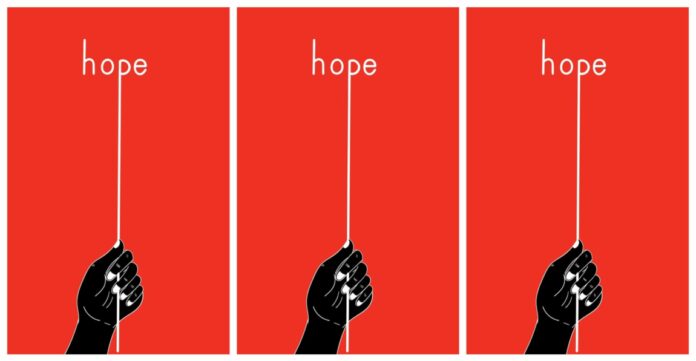To put it simply, being a young person in South Africa is not easy. We were supposed to be living in a completely different country by now. So when June comes around and we are asked to celebrate Youth Month, many of us are left wondering: what is there left to celebrate, writes Alinaswe Lusengo.
The socioeconomic effects of aparthied continue to permeate every aspect of our lives from the racism still running rampant on campuses to the generational trauma many of us have inherited. The free education we were promised in the Freedom Charter has yet to arrive. And those of us lucky enough to be in university worry that these degrees we have worked so hard for won’t be able to guarantee us a job as the unemployment rate reaches 35%. Our hearts have grown heavy from the weight of unmet promises and disappointing governance.
This sense of despair that many young South Africans may feel is not generationally unique. In fact, it might be what Youth Month is actually about. In 1976, the students that mobilised against the aparthied state to demand that Afrikaans no longer be the language of instruction in schools were motivated by feelings of despair at the state of their nation. Youth Month exists to commend these students and their bravery to confront one of the most brutal regimes in the world in spite of – or maybe because of – their youth.
RELATED:
Youth Day needs to return to its radical origins
It is a reminder that we can do the same. Despair is an awful feeling, especially when it feels like things should have been brighter by now, but we must use it as a source of motivation. Youth Day is not just an opportunity to celebrate our youth. It is also a day to meditate on our agency to make this country better and take it into our own hands as students did during the Soweto Uprising.
This is not to say that young people in this country are inert or inactive in any way. It is quite the contrary. South Africa’s youth are constantly embodying the spirit of the uprisings and remain at the forefront of activism and demanding social justice. The students who led the #FeesMustFall and #RhodesMustFall protests in 2015 sparked nation-wide conversations surrounding tertiary institutions that continue to cause ripples on campuses today.
RELATED:
Aluta Continua: Youth Day is futile for young South Africans
It was also students who marched to parliament during the #AmINext protests in 2019. In doing so, they forced the government to confront the devastating epidemic of gender-based violence and femicide in this country. It is young people who are the face of South African climate change activism, begging our leaders to prioritise our planet over their profit. This all goes to show that the youth are still politically active and have not grown entirely apathetic in the face of such socioeconomic difficulty. It shows that young people are still exercising their agency and taking the country into their own hands, even 46 years on.
RELATED:
‘We want a future’ 1976-2022: Error 404: System Failure
It is very easy to be cynical about the state of our country, especially as a young person. But, the harder thing to do is have hope. Having hope means that you believe that there is another way of being, one that is better and fairer to all. During the Soweto uprisings, students had so much hope they could make a change that they were willing to put their bodies and lives on the line for their education.
Though it is hard to celebrate Youth Month and be a young South African in 2022, there is so much to hope for. And if there is anything that we can take away from this month, it is that we cannot succumb to our despair – we must use it to fuel our fight.
Aluta continua.









